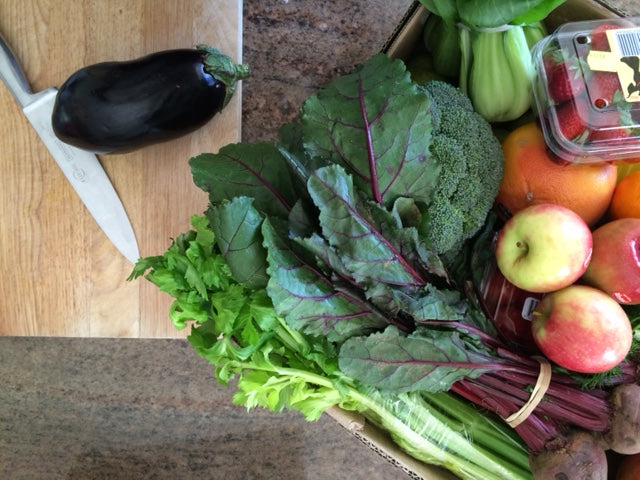
Mood food: The link between eating well and mental health
Have you ever noticed that lots of people in your local McHamburger joint look miserable? Turns out, those frequently partaking in McHamburgers might actually be miserable.
World-leading Australian research suggests that our diets may have a significant impact on risk for major depressive illness. On the positive side though, eating well may protect not only the health of your body, but the health of your brain.
Depression is one of the most common mental disorders in the world, with approximately 5% of the global population affected (1). It is a leading cause of disability and a major contributor to the burden of disease globally. Despite an increased understanding of both symptoms and effective treatments, rates of depression continue to rise (2).
This has lead to questions regarding what else might contribute to these increased rates. We know a good deal about effective psychological treatment of depression, so why the rise? Research is increasingly focused on what we're putting into our mouths and its impact on our mental health (3).
Diets high in ultra processed foods (think mass produced, packaged 'convenience foods') and low in fresh fruit & vegetables, legumes, wholegrain cereals, seeds & nuts may increase not only our risk for a number of physical health conditions, but our risk for major depressive illness (3). Furthermore, eating a diet laden with the good stuff may reduce your risk of developing depression.
In the early days of marriage to the senior recipe tester I had never eaten so many (non-homemade) biscuits. He maintains he had never eaten so much fruit and vegetables. With homage to the adage, "I told you so", and because I know he reads this blog, I should like to pause a moment to consider who has the moral high ground here.
As a recovering academic, I am completely fascinated by science that backs up our hunches: eating too much highly processed food makes you feel terrible. Perhaps it's what we've always suspected. Now we know.
The links between 'real' food & major mental disorder are a relatively area of research. It illuminates the importance of good food for both physical and mental health. One author (2) describes the modern population as being both overfed and malnourished. By any measure, that can't be good for us.
Good food has always and always been a priority for us at Dinner on the Table. The impetus to eat well has never been greater.
References:
1. World Health Organisation (2021). Depression. Key facts. www.who.int/news-room/fact-sheets/detail/depression
2. Hidaka BH. Depression as a disease of modernity: explanations for increasing prevalence. J Affect Disord. 2012 Nov;140(3):205-14. doi: 10.1016/j.jad.2011.12.036. Epub 2012 Jan 12. PMID: 22244375; PMCID: PMC3330161.
3. R.S. Opie, C. Itsiopoulos, N. Parletta, A. Sanchez-Villegas, T.N. Akbaraly, A. Ruusunen & F.N. Jacka (2017) Dietary recommendations for the prevention of depression, Nutritional Neuroscience, 20:3, 161-171, DOI: 10.1179/1476830515Y.0000000043
Other articles:
Quick links
Home Home Delivery Meals How it works Meal Delivery Info Contact us Blog Search About us Privacy policy Karen Will Cater
Contact us
About us
We exist to care for you through really good food. Whether it's your weeknight family meal, your big life celebrations or your large corporate events, we'd love to cook for you.
And together, we can change the daily lives of families living with disability. Find out about our social mission here.
